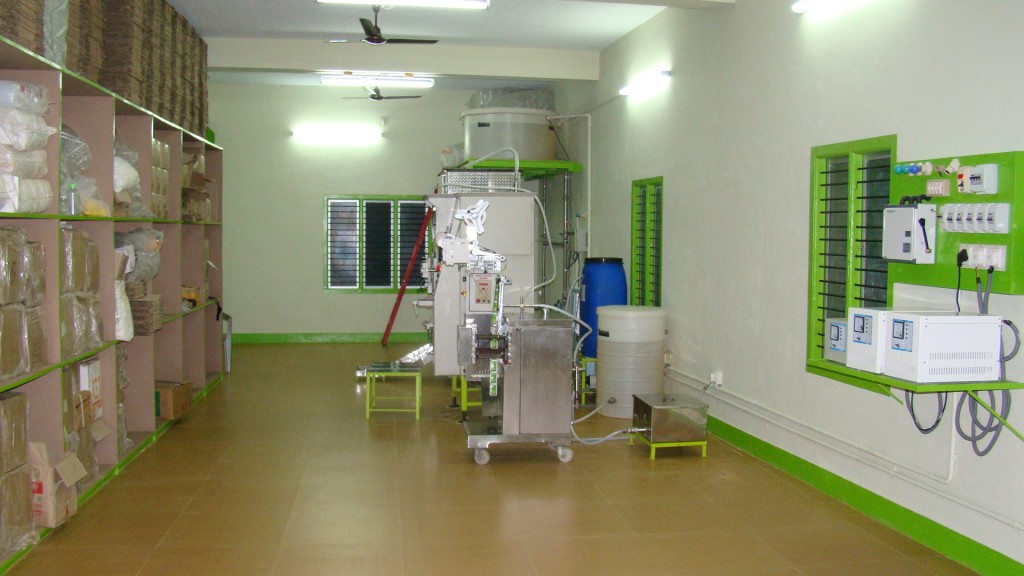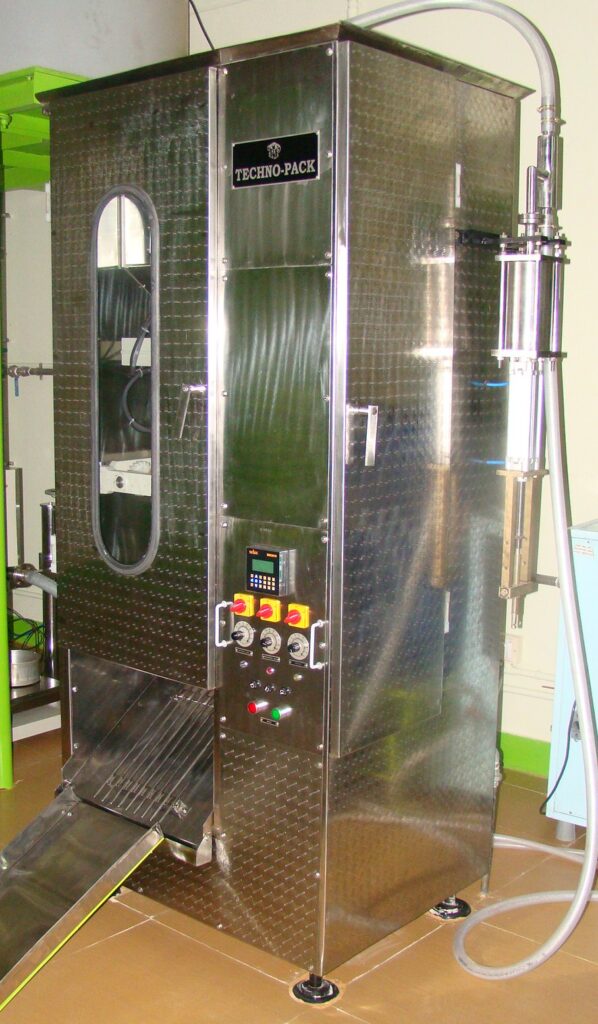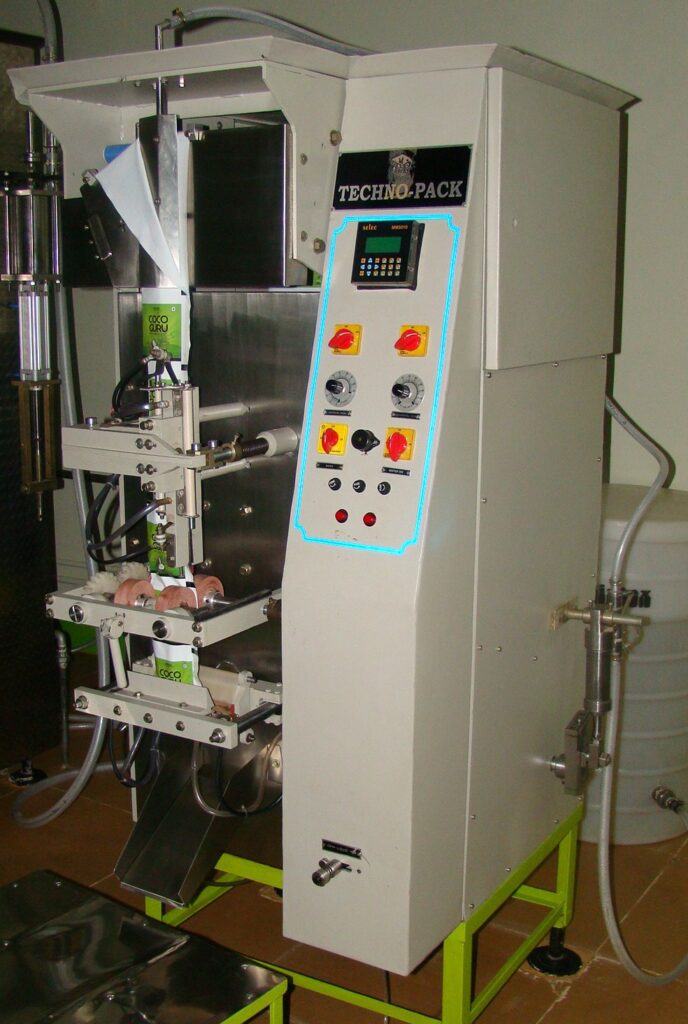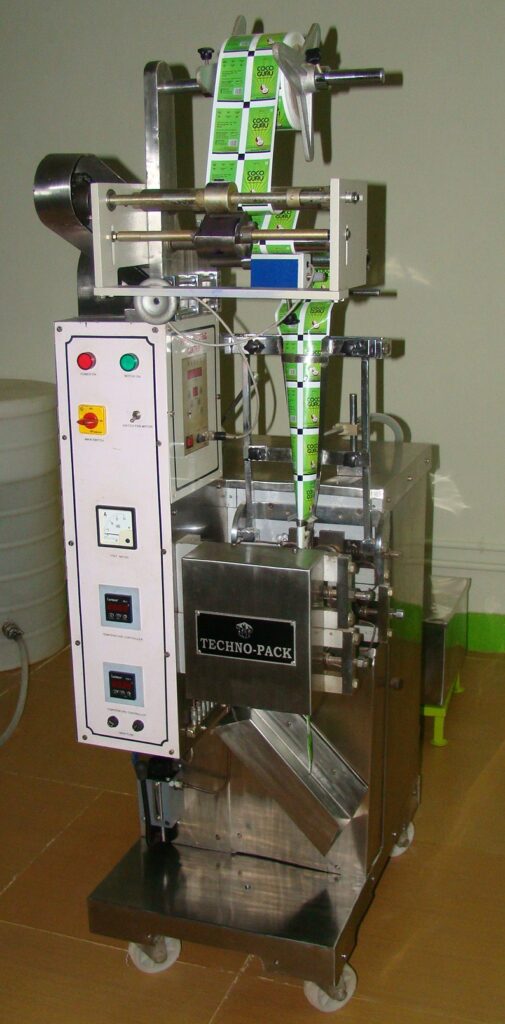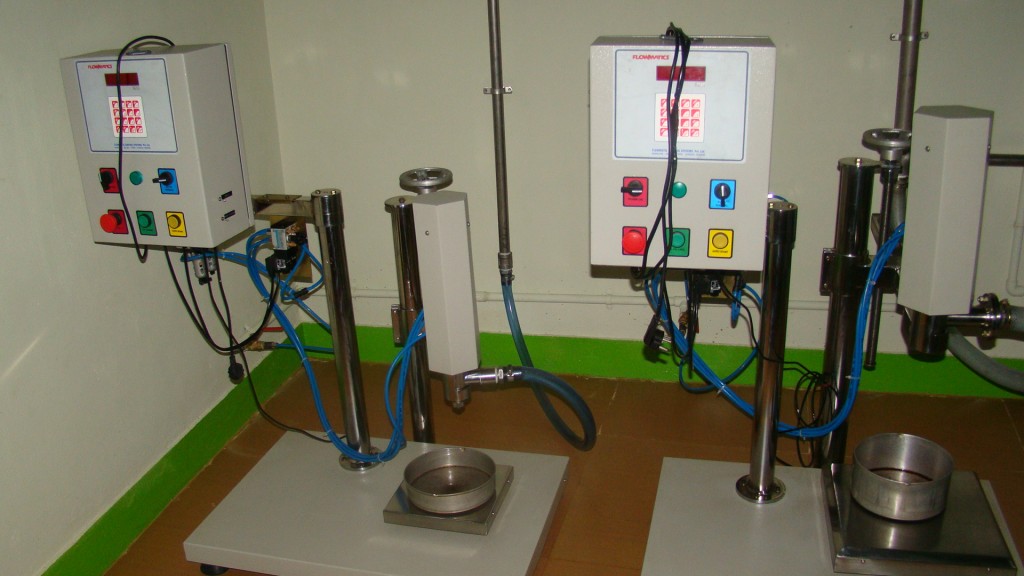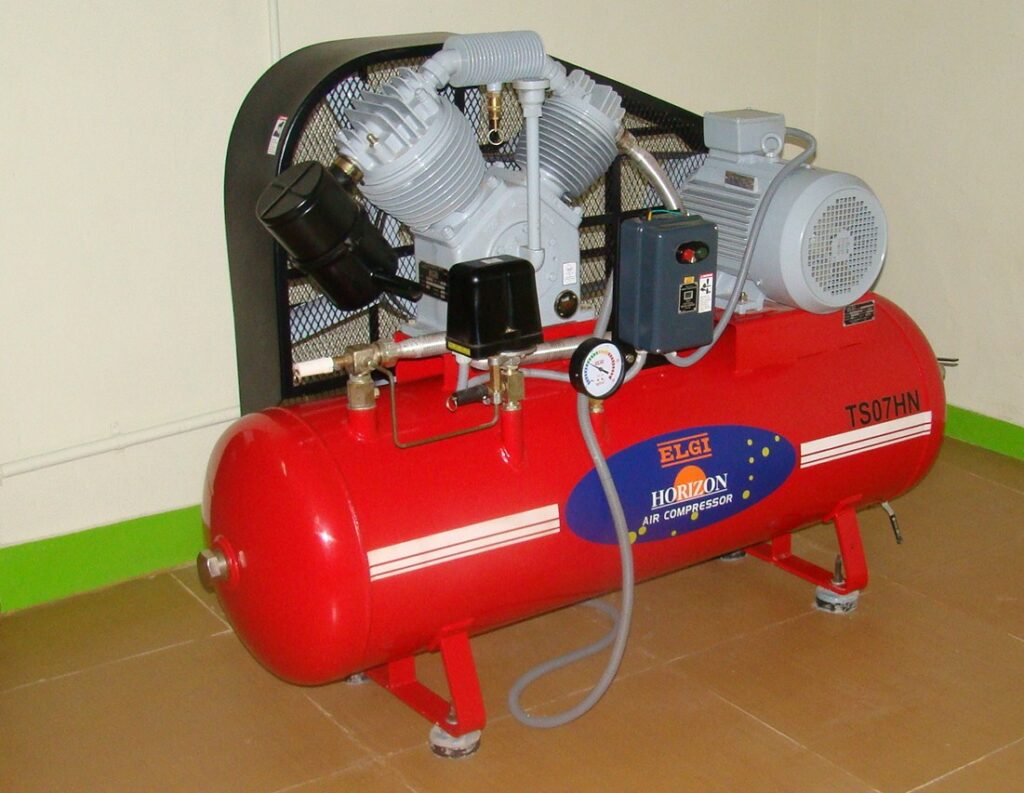When I ask random people about the coconut oil brands that they are aware of, they all say Parachute and in many cases only Parachute. Name Parachute is synonymous with coconut hair oil, Marico should be congratulated for successfully branding the commodity and establishing a whopping 50% + market share in Indian organized coconut oil market. They are also such a boon to the Indian coconut industry by consuming 7% of Indian coconut production.
Now that we have launched Cocoguru brand of coconut oil, Question that anybody would ask is “We already have Parachute available everywhere, then why Cocoguru?”. I would like to answer that in this post.
1. Brand Positioning
Parachute brand represents Hair Care and Coconut Oil is one of the ways in which they nourish your hair. That is why we have hair cream, jasmine oil, non-stick hair oil from Parachute. Cocoguru brand represents delivery of Natural Goodness of Coconut, Coconut Oil is one of the ways in which we deliver you the benefits of Coconut. We have organic coconut oil, oil cake and edible copra. We plan to introduce virgin coconut oil, desiccated coconut powder, coconut milk etc in future.
2. Cooking Oil vs Hair Oil
Though both brands are 100% pure coconut oil and follow PFA (Prevention of Food Adulteration Act) guidelines and hence edible. Parachute is used as hair oil by people across India and world and has a much wider mainstream market. Cocoguru is used as cooking oil by people in Coastal Karnataka and has a niche market. We believe that Coconut Oil’s benefits are best realized when used in our diet though it is an excellent hair oil. With Parachute you see only small quantity upto 1 litre blue color HDPE bottles, while edible oil brand generally pack in pouches, cans and tins in quantity above 1 litre.
3. Cold Press process vs Heat Press process
Parachute is mass manufactured using a heat press process. Copra is roasted and cooked to remove moisture and fed into an expeller for crushing at high temperature and pressure. Oil extracted through this process has smells sharper, lasts longer due to less moisture and is a more efficient process in terms of percentage of oil recovered from copra.
Cocoguru is manufactured using cold press process. Sun dried copra is directly fed into Ghani (rotary machine) for crushing. Oil that comes out isn’t subjected to much pressure, temperature and hence retains the Natural Goodness of Coconut. Cold Pressed oil has a milder smell and appears colorless like water while heat pressed oil appears yellowish.
4. Quality of Raw Material (Copra)
Quality of coconut oil in cold press process depends mainly on the quality of copra, even one bad copra can quickly spoil the oil extracted from that batch. So, we can’t afford to use bad quality copra. Heat press process masks the presence of bad quality copra. We need only a few hundred tons of copra per year and can afford to have laborers sort out good quality copra from bad quality ones. When Parachute uses millions of tons of copra for mass manufacturing oil, it can’t afford to ensure raw material quality. Also they use 7% of coconuts produced in the country, if they go hunting for only good quality copra they will be left with not that much of copra. The bad quality copra that we separate are taken by copra traders and sold to Marico in Kasargod for making Parachute Coconut Oil. That is how we know that even bad quality copra is acceptable to them.
5. Job Work Service
Parachute has 5 factories in Maharashtra, Goa, Tamil Nadu and Kerala and caters to the entire country. We are where our customers are and work closely with them. Customers can get their Copra crushed at our factory and take back oil and oil cake for certain crushing service charge.
6. Cost and Price
500 ml Parachute bottle retails at 90 /- while Cocoguru sells at 30/- for a 500ml pouch. I would say Cocoguru is 3 times cheaper for a superior product! The reason for this vast difference is in the costs. Parachute has the overheads of managing a listed company, managing copra supply chain, spreading brand awareness and intensive distribution to a national market. Ours is a closely held family business catering (not unorganized) to a small local market and buy copra directly from farmers. Parachute attracts higher taxes 13.5% VAT and 8% excise duty as it is used for cosmetic purposes while Cocoguru has no excise duty and only 5% VAT as it is used for edible purposes.
7. Brand Awareness, Availability, Packaging
Above 6 points are all positives for Cocoguru over Parachute. But I give it to Parachute without much comments w.r.t. Brand Awareness (category definer), nationwide distribution and innovative packaging from small 1 Re tube to 1 litre bottle.
Based on these facts, Is Cocoguru threatened by Parachute? No. Cocoguru targets a small market of Coastal Karnataka and Kerala, people who use Coconut oil for cooking purpose. Cooking Oil market is highly price sensitive. So, because of small market size and high price sensitivity cooking oil market isn’t attractive for big players like Parachute. Still I wish Parachute for its market power should have done its bit to promote the health benefits of coconut oil and endorse its usage as cooking oil. Instead it chose to launch Saffola (blended safflower oil with rice bran oil) and Sweekar (refined sunflower oil) to cater to edible oil market.
Then who is the biggest threat to Cocoguru? Cheap substitutes like refined palm oil and sunflower oils are the biggest threat. Perception (wrong perception) that Coconut Oil is bad for heart because of Cholesterol and all saturated fats are bad is another big threat.

